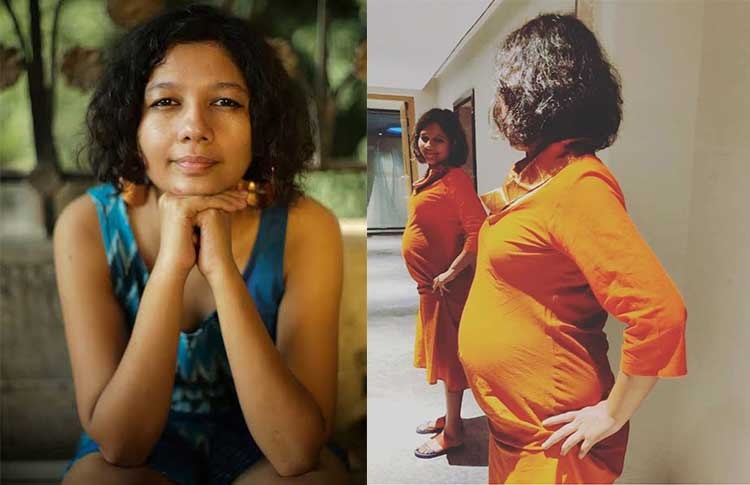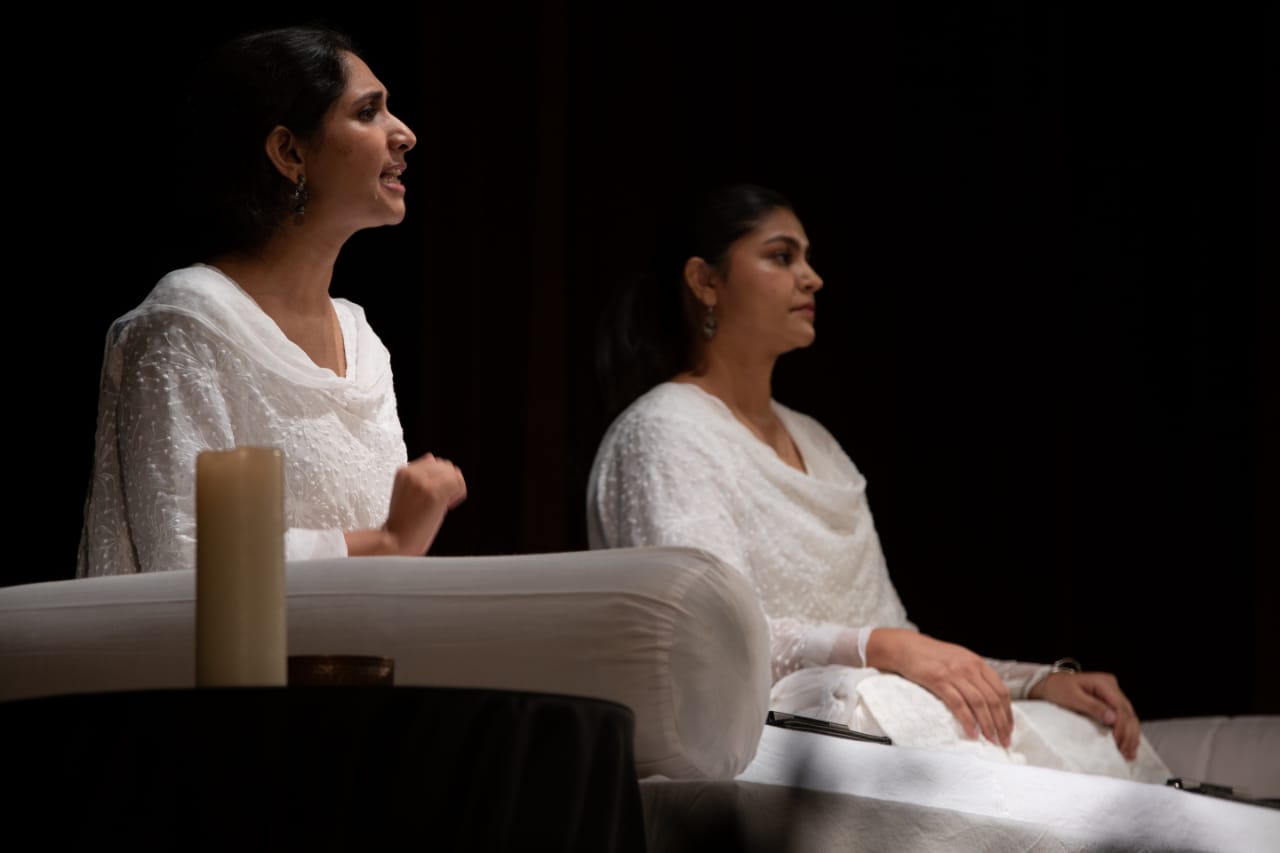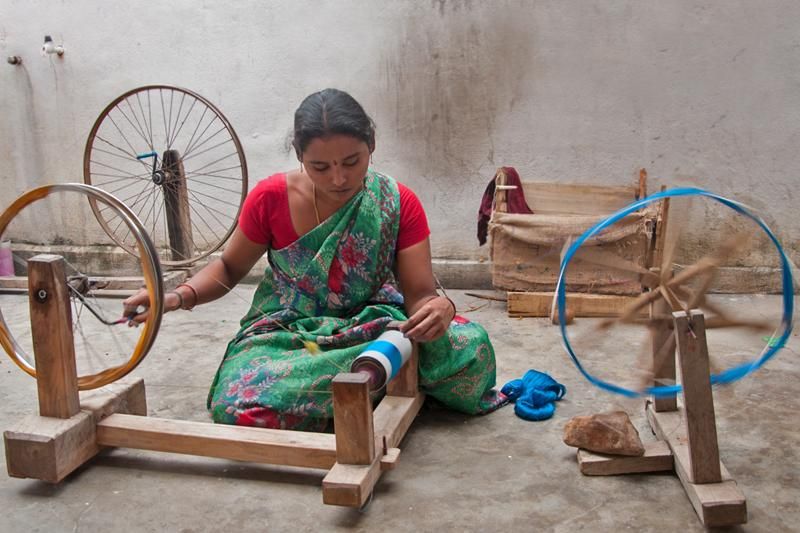5 Years And Not A Single Conviction: Journalist Neha Dixit On The Rape Cases Of Muzaffarnagar Riots
- IWB Post
- August 29, 2018

Pre-partition or post, the causes and consequences of communal riots in India have not seen any change, caste and religion divide it was then, and so it is now. And as unfortunate as the reality is, the impact that these grievous political disasters have on the lives of innocents, and particularly on women, is gut-wrenching to say the least.
The 2013 communal riots of Muzaffarnagar had hundreds of people killed, families displaced, and women brutally raped. The media coverage was extensive, and many journalists visited the camps, one amongst them was Neha Dixit, an independent journalist who did not only investigate the matter deeply, but also interacted with women and victims at a personal level.
Neha has faced online abuse, even called “Anti-National”, but embodying the spirit of fearless journalism, undeterred she has followed the path of honest reporting. Setting another example of which, in a recent interview with Quint, she talks about her experience of reporting on the riots, about the situation of women who had been subjected to sexual violence by the people from the Jat community, and about why there has been no justice even after five years. “Out of some hundred women who were brutally raped and gang-raped, only seven mustered the courage to file FIR against their perpetrators. But even after five years, there have been no convictions in a single case,” said she.
The first camp the Neha visited was in the Loni town of Gaziabad, where there were close to 500 people. Recalling it, she said, “It was the first time of finding testimonies of children and women. A lot of the women I spoke to were in a state of shock. There was nothing to eat. There were no places where they could cook food. I spent next 10 days in different relief camps to find out actually what had happened and stitch the sequence of events. It was very challenging because everyone had a different version.”
In her interaction with the nurses who provided medical aid to the people at the camps, she got to know that a lot women were found to have scars on their breasts from being attacked with knives and swords. It was later when she reached Shamli and some parts of Muzaffarnagar, and spent a lot of time with the women that they could trust her enough to open up to her. “A lot of the women hadn’t even told their family members that they had gone through sexual violence. I can’t ever forget one woman’s account of what had happened to her – While she was running away she forgot to pick up one of her children who was disabled, and later found out that he was burnt alive. She was still looking for her other son and husband when I had met her.”
She continued… “There were several such cases and close to a hundred women were raped or gang-raped during the riot. In fact, a lot of them said, when the mobs were moving around, they were targeting women. Some of the women recounted that the mobs were loudly shouting, ‘‘Pick up Muslims’ mothers and sisters.’’ They played dhol and DJ almost like celebrating their act of sexual violence against the women of the Muslim community.”
In July 2014, an article titled ‘Shadow Lines’ was published, in it Neha had written about the seven women who had actually mustered the courage to go to the court and file cases of rape against their perpetrators. “All these women were from Shamli and Muzaffarnagar districts, and most of them worked as labourers in the fields of the accused. One of them recounted that while she was being raped by a Jat landowner, on whose field she worked, the person told her while he was raping her, “You used to ask for your wages on time. How dare you? Now we will show you your stature.””
She also talked about how there was a clear class angle to it. “All the women who had filed the cases lived in the same vicinity as the accused perpetrators, and the police officers that were provided by the Supreme Court for their security were from the same community as those of the accused. When these women went to file a case or get some information, policemen accompanying them would go and inform the accused about the kind of testimonies that they were going to give and which could work against them. There were daily threats, despite the court having given them security. The policemen who were responsible for their safety weren’t acting. And that is why, as of now, out of the seven cases only one woman continues to fight her case and the rest of them have withdrawn.”
“When it comes to these particular cases of sexual violence, it makes one realise we are all cogs in a wheel. To think that the onus lies on one person to go and seek justice is wrong. If you expect one person who has faced this kind of violence to also have the determination while they are struggling for their livelihood to go to the court and take it to their logical conclusion, it is I think too much to ask,” said Neha. And added, “As a journalist one can report a story. As a complainant one can muster the courage to actually go to a court. And lawyers can take that up. All that cannot happen if you don’t have the support of the society. And it’s the responsibility of the state government to provide rehabilitative measures and ensure one has enough avenues to find justice.”
In the wake of the protests following the Nirbhaya gang-rape, a crucial amendment – Section 376(2)(g) – was added to the Criminal Amendment Act, 2013, introduced to deal with systematic violence against women during communal riots. And the seven cases from Muzaffarnagar riots were the first to be tried under that law. When asked what she had to say about their legal trajectory, Neha said, “The way the cases have turned out show the kind of privileges and majoritarian privileges one has even as a rape survivor. An urban woman from an upper caste does get some kind of hearing in the court. But these working-class Muslim women, who are not so articulate in the way they say things, who do not have social capital or cultural background that could generate a movement, have only got disappointment.”
She also said that it is a failure for the entire society, and that she is not being moralistic when she says this. “I am saying this because of how things have turned out without any civil society support without any support of the administration or the government. It says a lot about the kind of privileges, even as a rape survivor, one can have and one cannot.”
Finally, as someone who knows these women and has documented their ordeal, expressing her disappointment with the situation, Neha said, “Five years is a long time. We haven’t seen convictions in most of the cases in Muzaffarnagar riots. And that is a big disappointment. In a political climate in this country where people are being lynched and there are hate crimes all across, this is not a good precedent. People are now beginning to believe that they have a free hand to kill anyone, rape anyone or hurt anyone, because they are from a majority religion, and they can get away with it. Even if there is a police complaint against them, nothing is going to happen in the court. And there will be no justice. As a country if we want to survive this cannot be the precedent to have.”
H/T Link: The Quint
- 0
- 0













